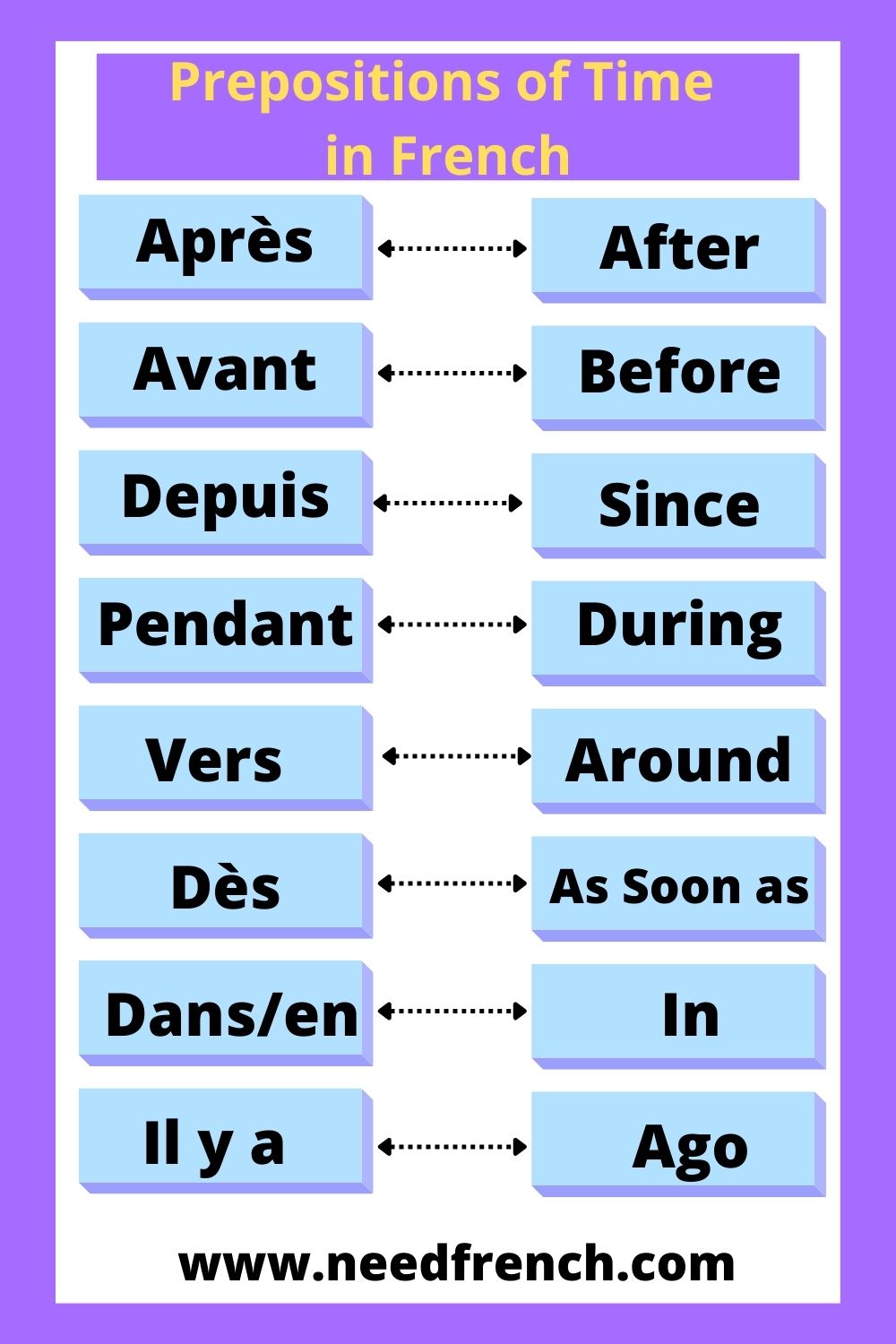Bonjour! Welcome to your essential guide on how to complain like a true French person. Complaining is often said to be a part of French culture, a way of life that’s deeply ingrained in everyday conversations. In this article, we’ll explore 11 common expressions used by French speakers to express annoyance, frustration, or disappointment. Let’s dive into the art of French complaining!
Introduction
Complaining in French is more than just expressing dissatisfaction; it’s a cultural practice, a way of bonding, and sometimes even a form of humor. The expressions we’ll cover range from mild annoyance to strong frustration, so it’s important to use them in appropriate contexts.
Expressions for Everyday Annoyances
- J’en ai marre
- Meaning: I’m fed up with this / I’m tired of this
- Usage: Suitable for most situations, from work to personal life
- Example: J’en ai marre de la pluie! (I’m fed up with the rain!)
- Ça me saoule
- Meaning: This annoys me / I’m fed up with this
- Usage: Slightly more informal, often used when plans go awry
- Example: Ce projet qui n’avance pas, ça me saoule. (This project that’s not progressing, it’s annoying me.)
- Je suis dégoûté(e)
- Meaning: I’m upset / I’m disappointed
- Usage: Expresses disappointment rather than disgust
- Example: J’ai raté mon examen, je suis dégoûté. (I failed my exam, I’m so upset.)
- Ras-le-bol
- Meaning: Fed up / Had enough
- Usage: Can describe personal feelings or a general mood
- Example: J’en ai ras-le-bol de ce bruit constant! (I’ve had enough of this constant noise!)
Stronger Expressions of Frustration
- Ça me fait chier
- Meaning: It pisses me off / It really annoys me
- Usage: Vulgar, use only with close friends
- Example: Ce client difficile, ça me fait chier. (This difficult client is pissing me off.)
- Fait chier / C’est chiant
- Meaning: This sucks / It’s really annoying
- Usage: Common but still considered vulgar
- Example: Ce film est super chiant. (This movie is really boring/annoying.)
Slang and Informal Expressions
- C’est relou
- Meaning: It’s annoying / It’s a drag
- Usage: Slang, popular among younger people
- Example: Faire la vaisselle, c’est relou. (Doing the dishes is a drag.)
- C’est nase / naze
- Meaning: It’s lousy / It sucks
- Usage: Informal, describes something of poor quality
- Example: Ce film est complètement naze. (This movie is totally lousy.)
Vulgar Expressions (Use with Caution)
- Merde
- Meaning: Sh*t
- Usage: Very common but still considered vulgar
- Example: Merde! J’ai oublié mes clés. (Sh*t! I forgot my keys.)
- Casser les couilles / Ça casse les couilles
- Meaning: It’s really annoying / It’s a pain in the a**
- Usage: Very vulgar, use only among close friends
- Example: Ce bruit constant me casse les couilles. (This constant noise is really pissing me off.)
- Putain
- Meaning: F*ck / Damn
- Usage: Very common but vulgar, can express various emotions
- Example: Putain, j’ai raté mon bus! (F*ck, I missed my bus!)
Tips for Using These Expressions
- Know your audience: Many of these expressions are informal or vulgar. Use them cautiously, especially in professional or formal settings.
- Understand the intensity: Some expressions are stronger than others. “J’en ai marre” is milder than “Ça me fait chier,” for example.
- Practice the pronunciation: These expressions lose their impact if mispronounced. Listen to native speakers and practice.
- Use in context: Don’t just memorize the expressions; understand when and how they’re used in real conversations.
- Be aware of regional differences: Some expressions might be more common in certain French-speaking regions than others.
Remember, while complaining is often seen as part of French culture, it’s important to use these expressions judiciously. Overuse can make you seem negative or rude. Use them to add color to your French, but balance them with positive expressions too!
Bonne chance avec votre apprentissage du français ! (Good luck with your French learning!)













